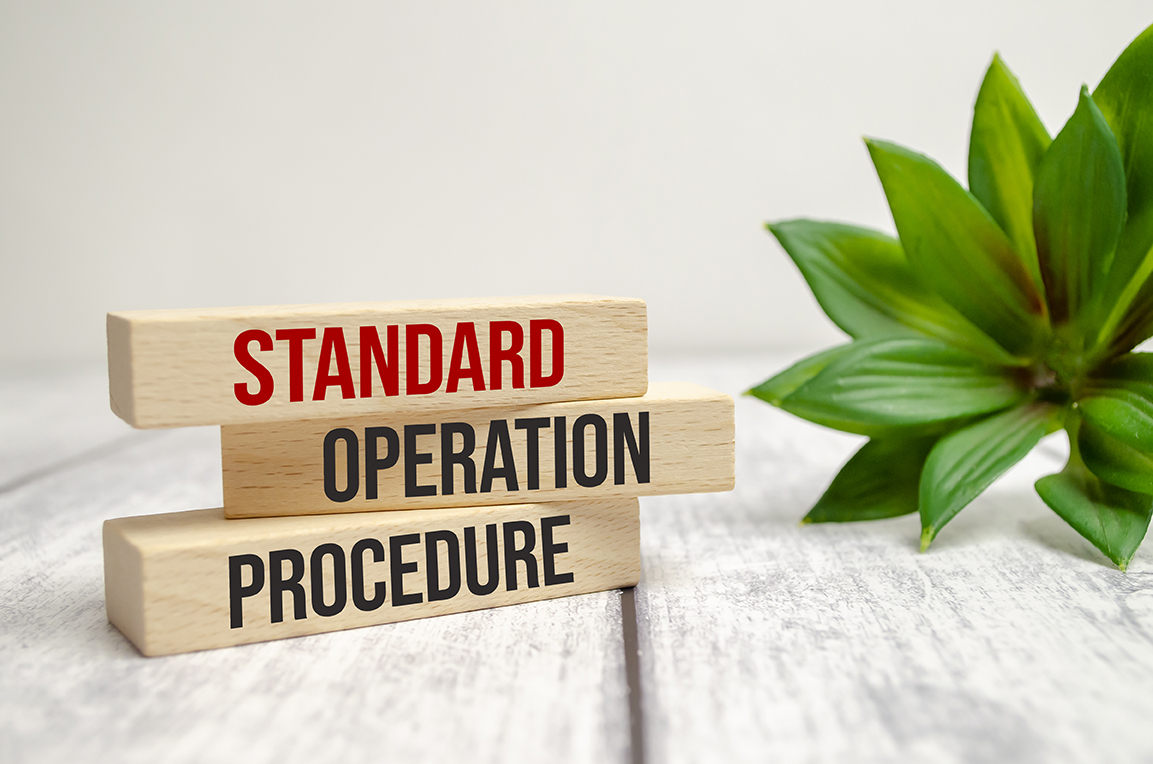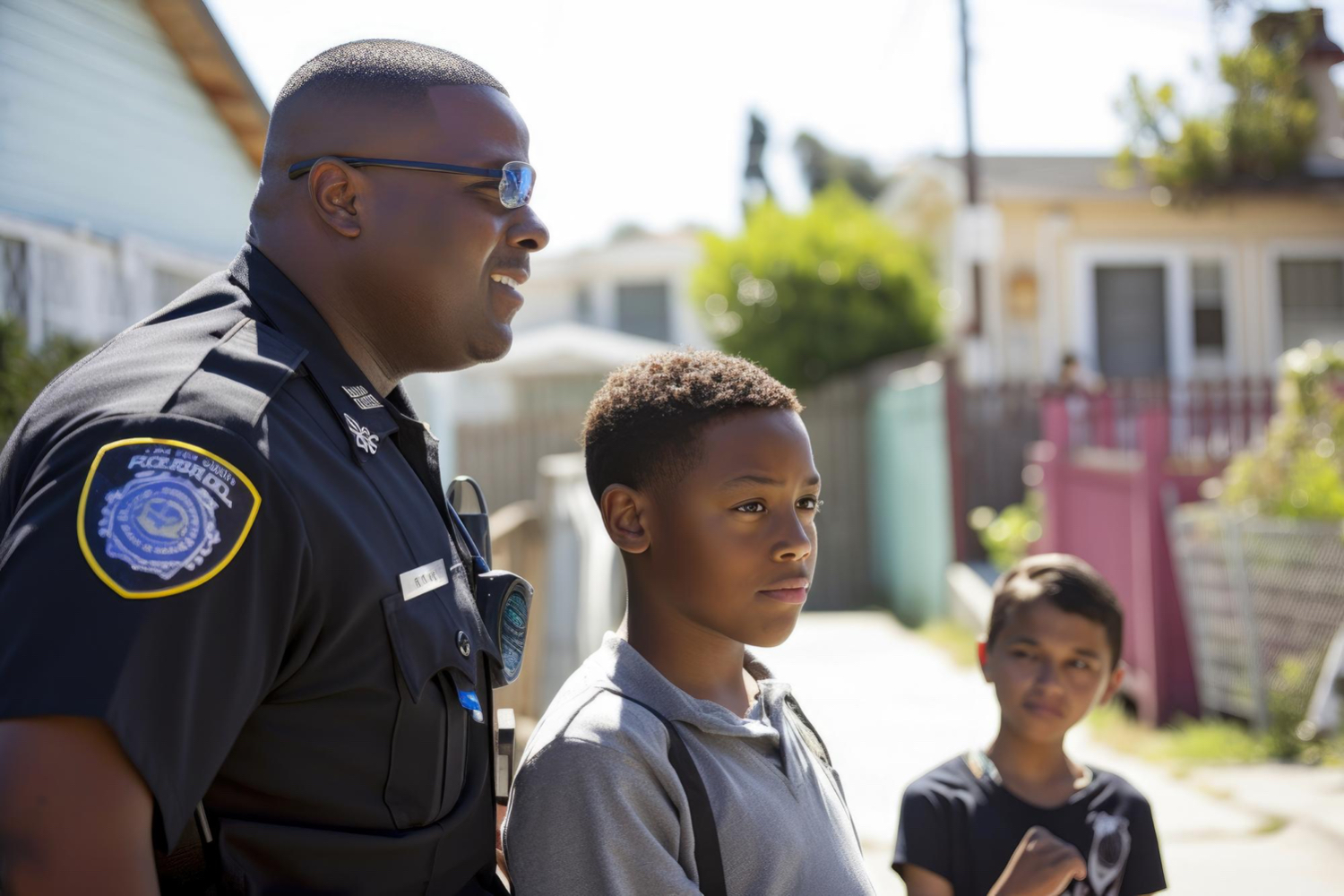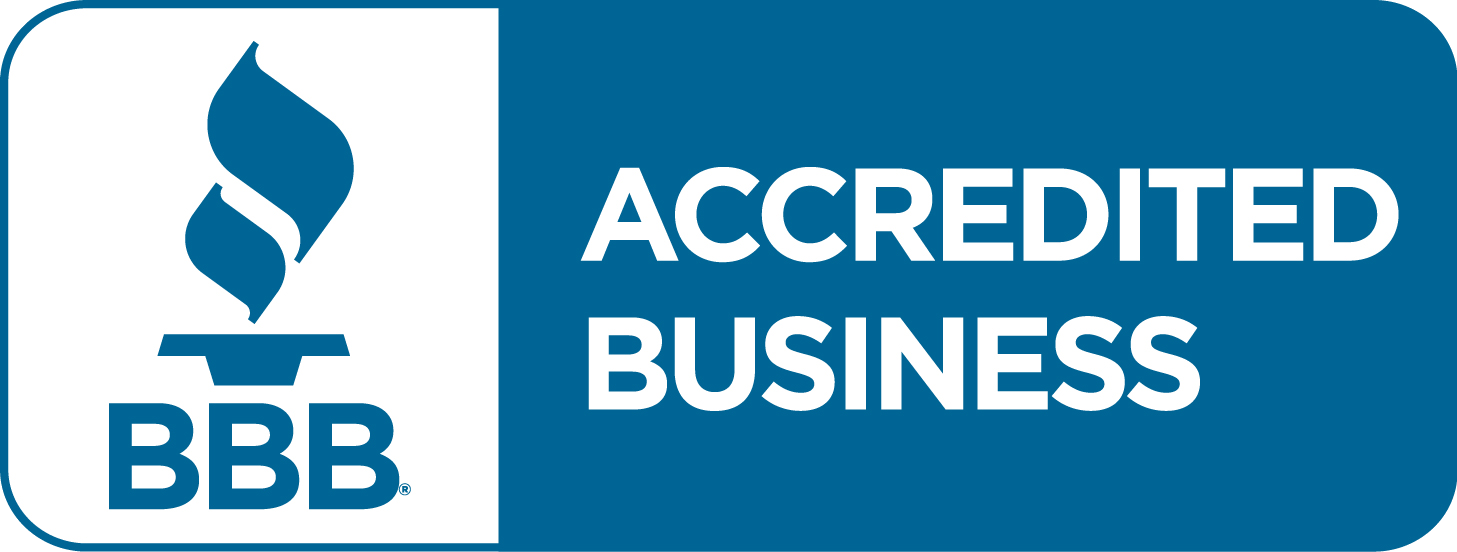Child Protective Services (CPS) in California operates under a well-defined legal framework aimed at ensuring the well-being and safety of children. As an integral part of the Department of Social Services, CPS is vested with various responsibilities and powers to protect children from abuse, neglect, and exploitation. However, it’s essential to understand the extent and limitation of CPS’s authorities to navigate and comprehend the system better. Here’s a detailed breakdown of what CPS can and cannot do in the state of California.

What CPS Can Do:

- Initiating Investigations:
CPS has the authority to initiate investigations when there are allegations or suspicions of child abuse or neglect. Caseworkers can interview the child, family members, and other relevant parties to gather necessary information.
2. Home Visits:
Caseworkers are allowed to visit the child’s home to assess the living conditions and the overall environment. They can ensure that the child’s surroundings are safe and conducive to their well-being.
3. Collaborating with Law Enforcement:
CPS often collaborates with law enforcement agencies in cases where there is suspected criminal conduct, such as physical or sexual abuse.
4. Implementing Safety Plans:

2. Bypass Due Process:
Parents and guardians have rights, and CPS must respect due process. This includes the right to be informed, the right to an attorney, and the right to contest allegations and decisions in court.
3. Discriminate:
CPS actions must be impartial and free from discrimination based on race, religion, gender, or any other arbitrary factor. Their decisions and actions should always be in the best interest of the child.
4. Violate Confidentiality:
CPS is obliged to maintain confidentiality concerning the identities of the reporting party and the involved families, except as required by law or necessary for the child’s protection.
5. Act Outside Legal and Policy Boundaries:
CPS actions are governed by laws, regulations, and policies. They cannot act beyond their legal authority or violate established procedures and guidelines.
Conclusion:
Understanding the scope of CPS’s authority is crucial for families, communities, and professionals interacting with the child welfare system in California. While CPS plays a pivotal role in safeguarding children, their actions are bound by legal and ethical considerations that ensure the respect of family rights and the prioritization of the child’s best interests.
Disclaimer:
This blog post is intended for informational purposes only and does not constitute legal advice or establish an attorney-client relationship. While we strive to provide accurate and up-to-date information, we make no warranties or representations as to the completeness, accuracy, reliability, or suitability of the information provided. The contents of this post should not be relied upon as a substitute for professional legal advice. We recommend that you seek advice from a qualified attorney for any specific legal questions or concerns you may have. Any use of this blog post and the information contained herein is at your own risk, and we expressly disclaim any liability for any losses or damages, whether direct, indirect, incidental, or consequential, that may arise from the use or reliance on this information. If you need legal advice, please contact our law firm directly to arrange a consultation with a licensed attorney.”
If you have a CPS case and need help please contact us at (657) 600 4477 or email us at info@mcmlawpc.com. We cover all of California for Juvenile Dependency or CPS/DCFS cases.


